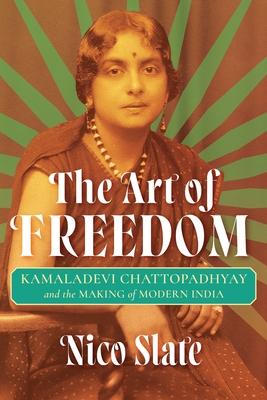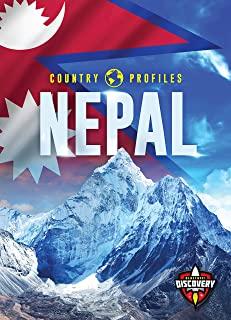
Slate, Nico
product information
description
was a prominent socialist, anticolonial and antiracist activist, champion of women's rights, and advocate for the arts and crafts. Defying the borders of gender, nation, and race, her efforts spanned social movements and played a leading role in the creation of modern India and the development of the Global South. In The Art of Freedom, Nico Slate showcases new archival materials to document Kamaladevi's campaign to become the first woman elected to provincial office; her confrontation with Gandhi that helped open the salt protests of 1930 to women; her leadership of the All India Women's Conference and the Congress Socialist Party; her pioneering work with refugees during the Partition of India in 1947; the major impact she had on the arts in postcolonial India; and her own career on the stage and screen. Slate also draws upon underexplored details from her personal life, providing new context for her experiences as a child widow, her remarriage to the mercurial actor/poet Harin Chattopadhyay, and her divorce (among the first civil divorces in modern India). Taken as a whole, Kamaladevi's life offers a uniquely revealing vantage point on the making of modern India--a vantage point that centers the interconnections between struggles often seen as distinct, and that reminds us of the full promise of Indian democracy.
member goods
No member items were found under this heading.
notems store
Return Policy
All sales are final
Shipping
No special shipping considerations available.
Shipping fees determined at checkout.







